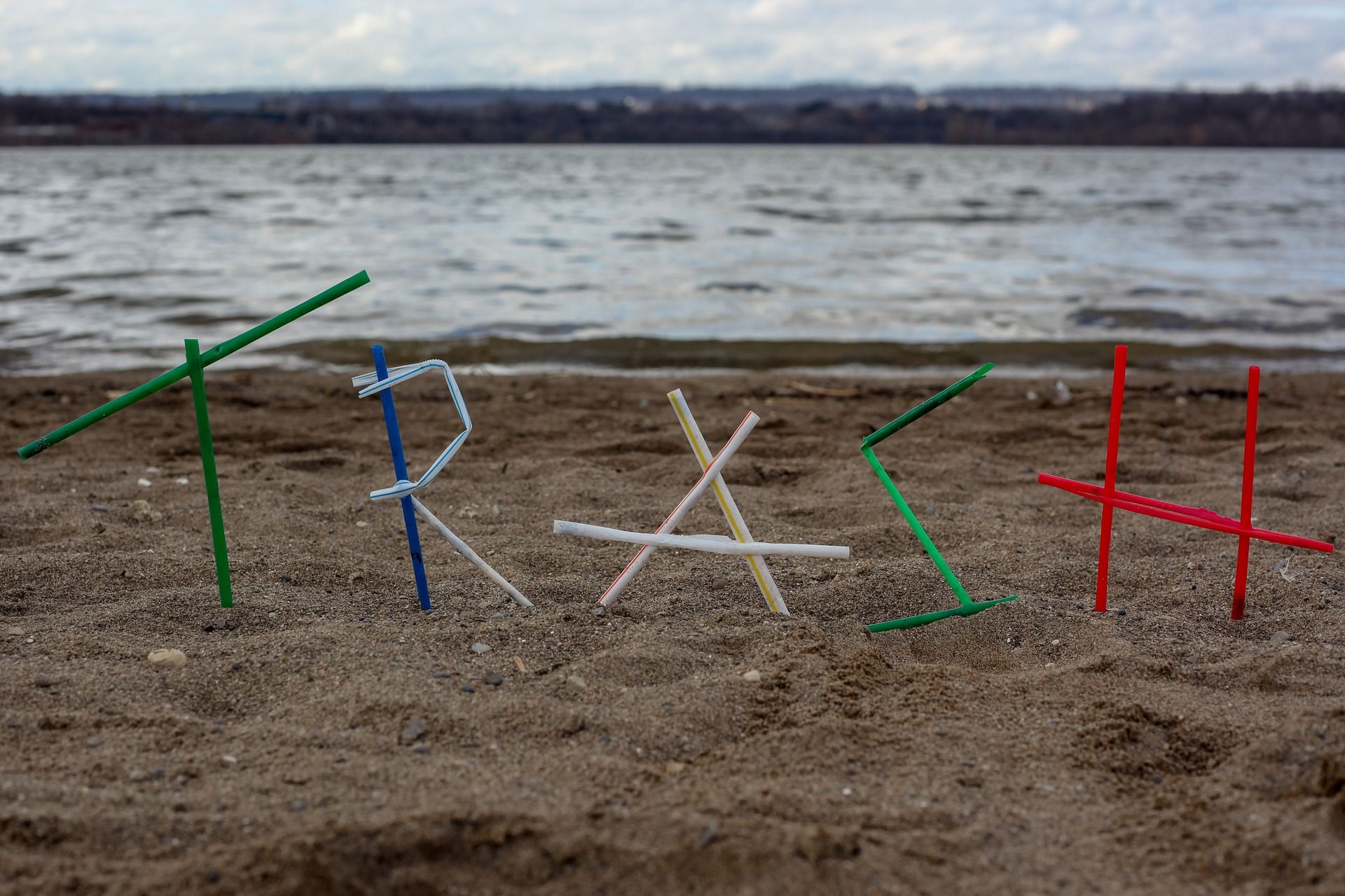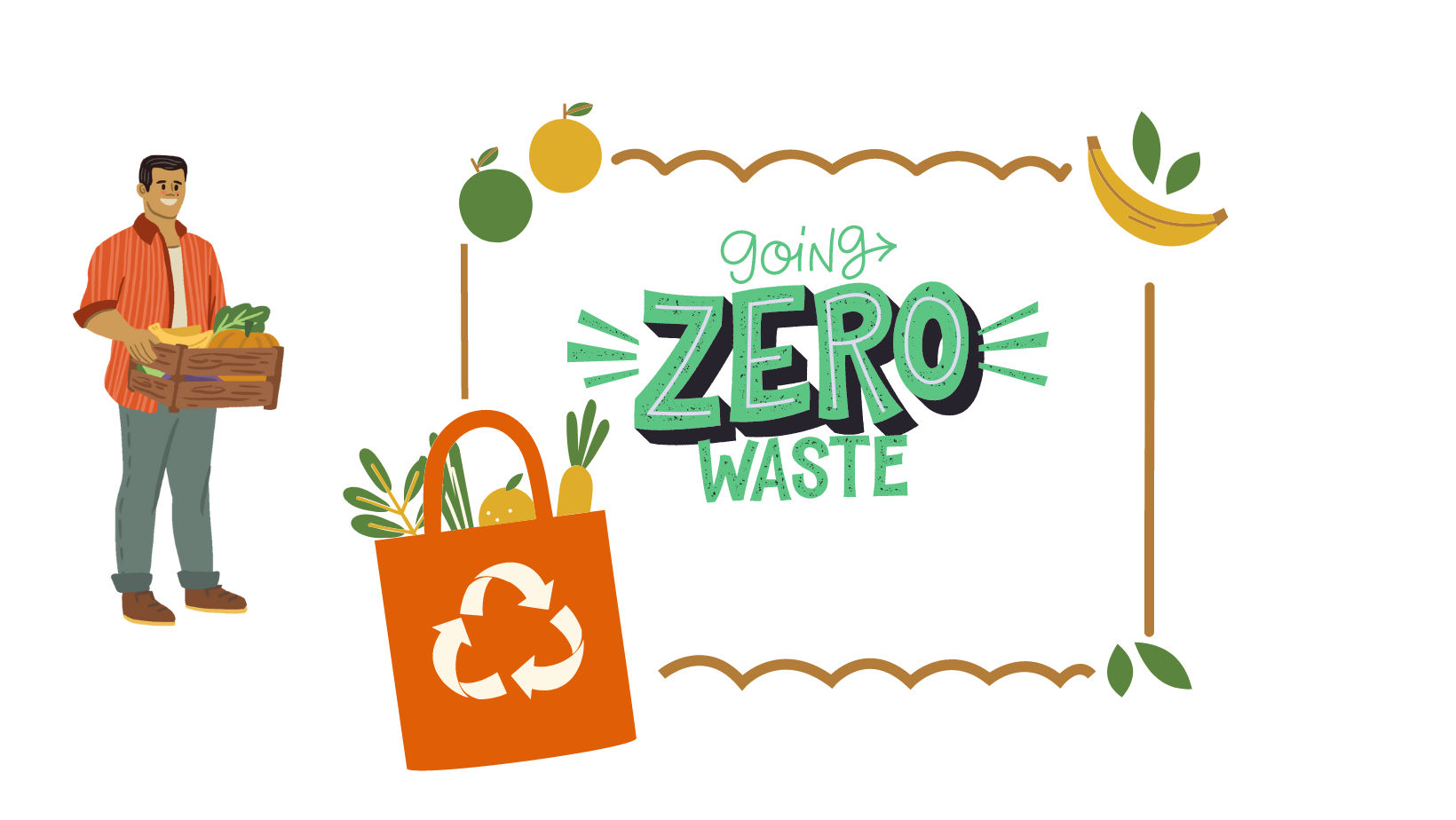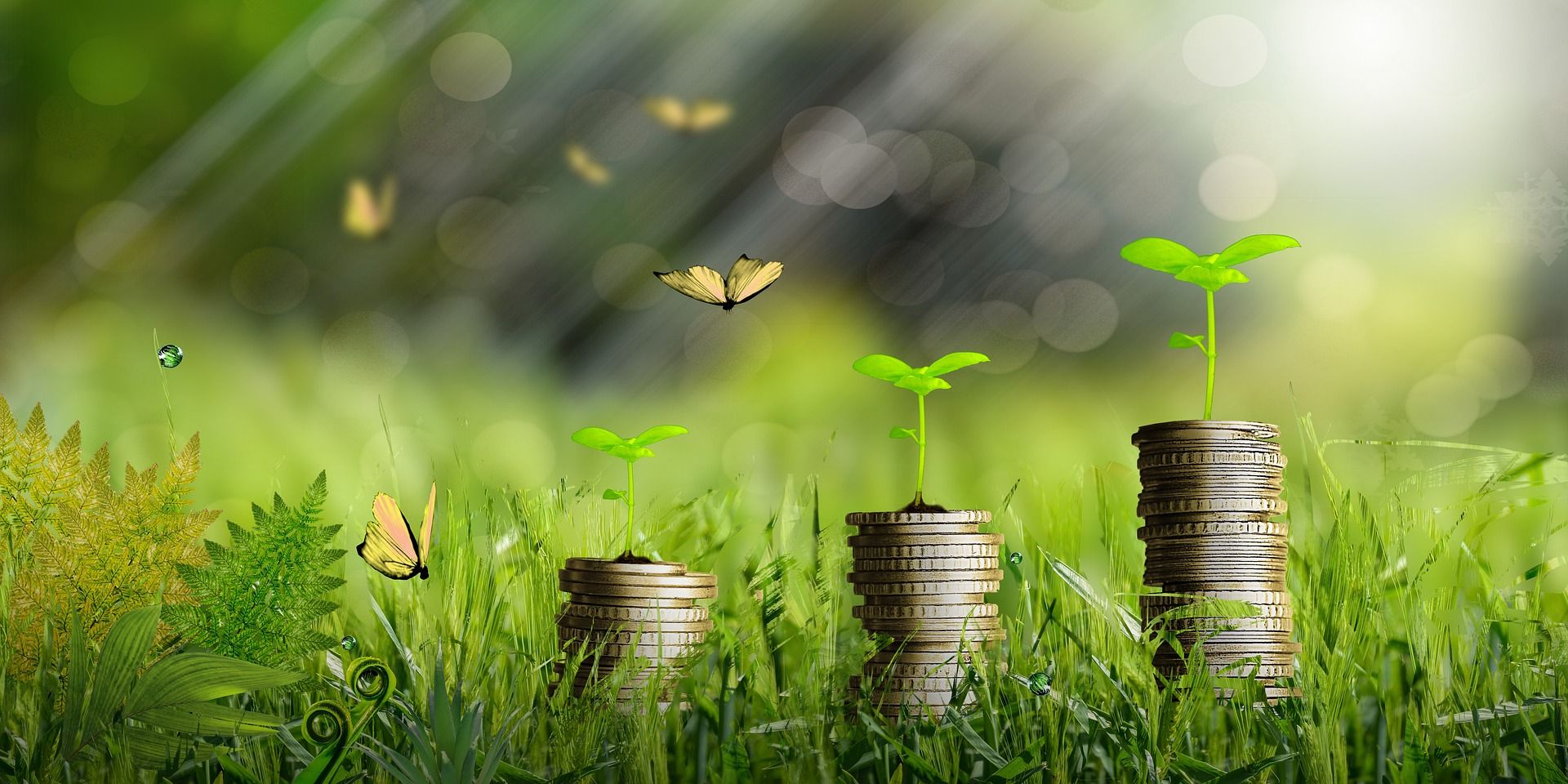Would you imagine a sea horse using a plastic cotton swab to ride ocean currents? This is exactly what photographer Justin Hofman witnessed while snorkeling near Sumbawa Besar, Indonesia. It is an image that Hofman says he wishes didn’t exist, but now that it does, he wants everyone to see it.
But there was an earlier case.
In January 2016, a different photographer captured an Atlantic bobtail (Sepiola atlantic) latching onto a plastic cotton bud, thinking that it was something edible!
These heartbreaking and unacceptable scenarios, however, get you wondering just how much a tiny qtip, used for about 5 minutes or less, pollutes our oceans, freshwater lakes, and terrestrial environment.
The Extent Of Plastic Cotton Bud Pollution
Qtips Were Originally Made Of Wood
Bamboo Cotton Swabs An Excellent Alternative
Advantages of Bamboo Cotton Swabs
How To Dispose of Your Bamboo Cotton Swabs
Where To Buy Bamboo Cotton Buds In Kenya
The Extent Of Plastic Cotton Bud Pollution
It is estimated that 1.8 billion single-use plastic cotton buds are used and discarded annually, in the U.K alone. High usage and improper waste management are the contributing factors, consumers opting to flush plastic qtips down the drain.
As a result, plastic cotton bud stems are in the top 10 items found during beach clean-ups in the U.K.
Globally, 1.5 billion single-use plastic cotton buds are produced daily, making these products one of the most problematic litter items worldwide.
Consequently, countries such as England and Scotland have banned plastic-stemmed cotton buds. Other countries such as New Zealand are working to ban single-use plastics, including plastic-stemmed qtips.
In Kenya, plastic-stemmed cotton buds are among the single-use items banned in protected areas.
This tiny item is causing a global pollution problem, so we wonder, were qtips always made of plastic?
Qtips Were Originally Made Of Wood
In the early 1920s, Leo Gerstenzang, a Polish-American, watched as his wife wrapped cotton around a toothpick to clean their baby's ears.
Three years later, he built a machine that automatically wrapped cotton wool on both ends of a wooden stick, and in 1925, the first cotton bud was marketed.

With time, the wooden sticks were replaced with plastic, littering our environment and used by marine life like sea horses, as seen in Hofman’s 2017 photo.
Bamboo Cotton Swabs Are An Excellent Alternative
Hofman’s stunning viral shot has helped bolter awareness campaigns on the dangers of plastic swabs, driving consumer shift to wooden/bamboo qtips like Gerstenzang intended.
What are the advantages?
Advantages of Bamboo Cotton Swabs
- Reduced demand for fossil fuels- Plastic is made from fossil fuels, a product of the oil and gas industry, which contributes to about 71% of global greenhouse gas emissions.
As the world moves towards renewable energy sources to ease the effects of climate change, we need to source for products that don’t rely on fossil fuels. This is vital, especially now that the International Panel on Climate Change (IPCC) sounds code red for humanity.
- Bamboo cotton swabs are made from renewable and sustainable bamboo trees. Bamboo canes are harvested, leaving the roots and shoots intact, to regrow and prevent soil erosion.
- 100% biodegradable and 100% compostable- Bamboo cotton swabs are made of 100% natural and biodegradable materials- bamboo stick and cotton tips.
Bamboo Cotton Buds Uses
- Although commonly used to clean ears, careless usage can damage your ears and cause blockage due to earwax being pushed down the ear canal. Be careful.
- Applying clear-cut and flawless makeup
- Removing makeup
- Touching up nail polish that smudges to the surrounding area
- Cleaning your electronics’ nooks and crannies such as hairdryer lint, keyboards, etc.
- Arts and crafts projects
- Shine detailed parts of jewelry
- Applicator for spot treatments
How To Dispose of Your Bamboo Cotton Swabs
Bamboo cotton swabs are better for the planet because even if they are discarded directly to the environment, the wooden handle and cotton tips will disintegrate and decompose. This, however, doesn’t mean that we carelessly manage the waste.
Throw your used cotton swabs into your organic waste and compost.
You can also add them to the bonfire flame or fireplace.
Alternatively, you can reuse the wooden sticks for an arts and crafts project, after cutting off the soiled parts.
Where To Buy Bamboo Cotton Buds In Kenya

Visit our shop today to buy a pack of bamboo qtips, packed in ecofriendly Kraft box that can be repurposed in different ways, including art projects. We can also sell them naked. Let us know!
*Don't be mean. Be Green*




















